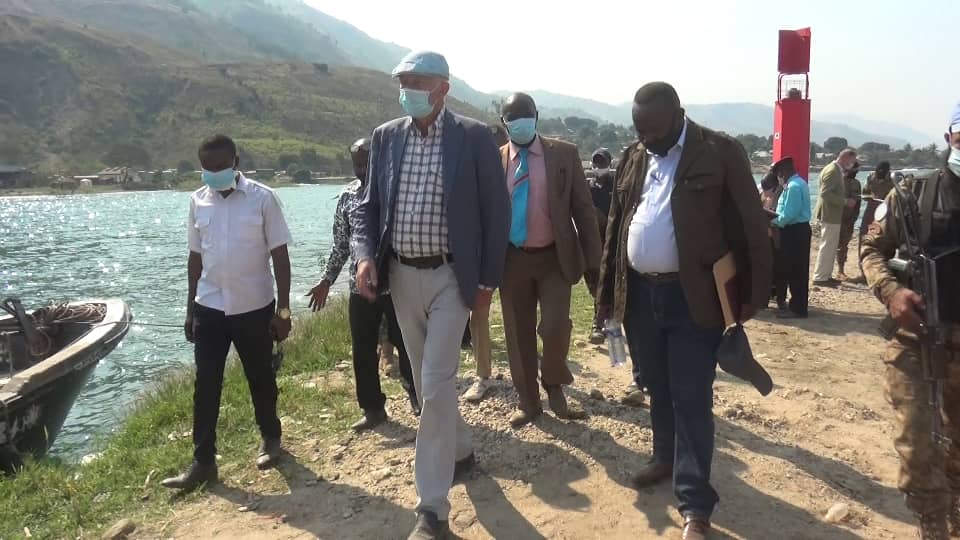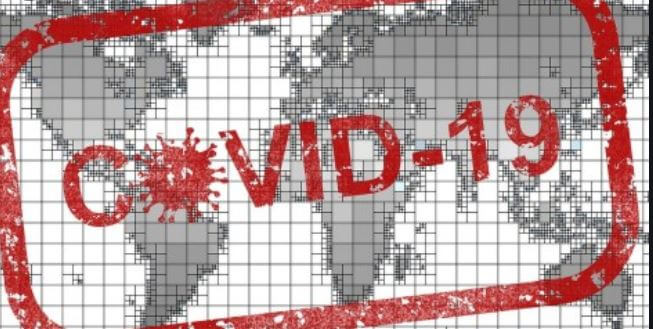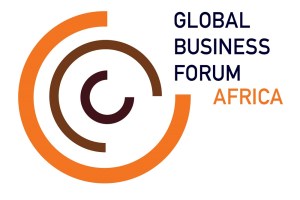With the headquarters situated in Accra, the capital city of the Republic of Ghana, the Secretariat of the African Continental Free Trade Area (AfCFTA) is now attracting a special business focus for both African countries and foreign countries. For foreign countries, it is an opportune time to strengthen bilateral economic cooperation and install joint manufacturing clusters inside Africa. Some African countries are focusing on combining resources to step up production and distribution of high-quality commodities, as under the designed regulations goods and products can circulated across borders without taxes – one of the conditions under the newly established African Continental Free Trade Area (AfCFTA). In that direction, Ghana has witnessed unprecedented number of high-powered foreign visitors. Early August, it hosted a huge business forum during the three-day official visit of President João Manuel Gonçalves Lourenço of Angola. That oil-rich country is located on the west coast of Southern Africa. It is the second-largest Portuguese-speaking country in both total area and population (behind Brazil), and is the seventh-largest country in Africa. According to official documents, President João Lourenço visited at the invitation of President Nana Addo Dankwa Akufo-Addo. It was a reciprocal visit for President Lourenço, as in August 2019, he first invited President Akufo-Addo. During their meeting at the Jubilee House, the seat of the presidency, both leaders expressed the highest desire to strengthen and deepen their bilateral ties between both countries. The agreement signed allows for a consultative mechanism for Ghana and Angola to interact regularly on areas of...
Message to the World: Africa is Open for Business
Posted on: August 9, 2021
Posted on: August 9, 2021
























